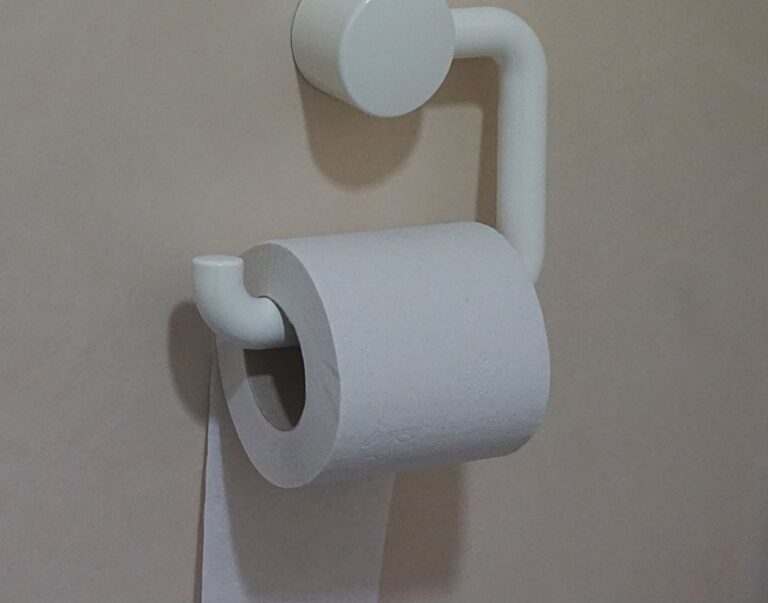Running, Flatulence, and the Science of Embarrassing Gas: Let’s Clear the Air

Running is a fantastic way to stay fit, release stress, and connect with the outdoors. It’s invigorating, empowering, and often accompanied by some unexpected bodily functions, like flatulence. Yes, we’re talking about the science of those embarrassing, yet completely natural, moments when gas escapes during a run. In this blog post, we’ll dive into the fascinating world of flatulence while running, understand the causes, and explore how to handle it gracefully.
- The Science Behind Flatulence:
Flatulence, or passing gas, is a normal part of human digestion. When we eat and drink, we also swallow air. Some of this air travels through our digestive system and is eventually released as gas. In addition, the gut microbiota, the trillions of microbes living in our intestines, can produce gas as they break down food. - Common Triggers:
Flatulence while running can be triggered by various factors, including the jostling of your digestive system, increased breathing rates, and dietary choices. High-fiber foods, carbonated drinks, and artificial sweeteners can contribute to gas production. Avoiding these foods before a run might help reduce the likelihood of unwanted flatulence. - Managing Your Diet:
One effective way to minimize flatulence during a run is to be mindful of your pre-run diet. Choose easily digestible foods and avoid gas-inducing culprits. A balanced meal a few hours before running can help ensure your digestive system is primed for action without creating gas-related issues. - Embrace Nature’s Timing:
Sometimes, despite your best efforts, flatulence happens during a run. Don’t let it ruin your experience. Remember that it’s a natural bodily function, and many runners have been in the same situation. Keep your sense of humor and carry on with your run. Chances are, your fellow runners will understand. - Breath Control:
Proper breathing techniques can also help reduce the likelihood of flatulence while running. Focus on rhythmic, controlled breaths to minimize the intake of air into your digestive system. - Stay Hydrated:
Dehydration can slow digestion, potentially leading to an increase in gas production. Staying well-hydrated is not only crucial for your overall performance but can also help maintain a smooth digestive process.
Conclusion:
Flatulence while running may be an awkward topic, but it’s something that many runners have experienced. The key is to embrace the fact that it’s a natural part of being human and part of the running experience. By being mindful of your diet, breathing techniques, and staying hydrated, you can reduce the chances of unwanted gas while on the go. So, don’t let the fear of flatulence deter you from enjoying your runs. Lace up those sneakers, take a deep breath, and hit the pavement with confidence!







